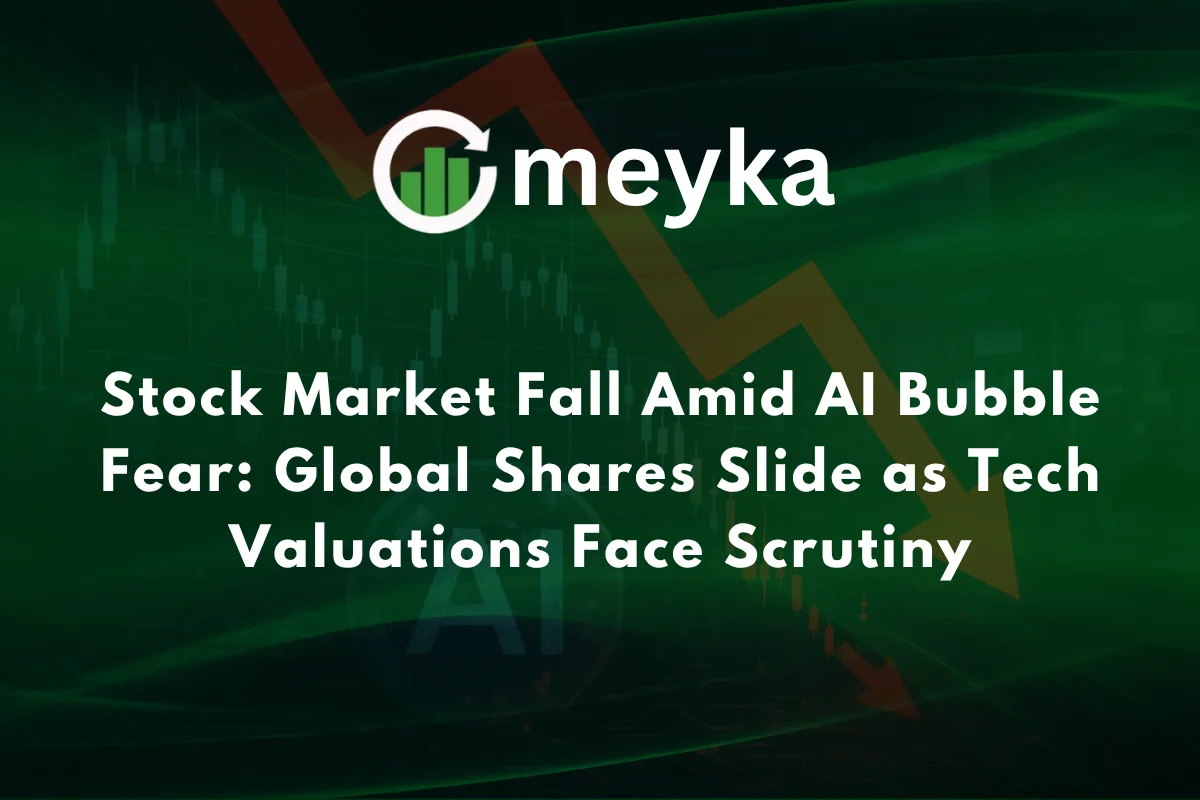Stock Market Fall Amid AI Bubble Fear: Global Shares Slide as Tech Valuations Face Scrutiny
Global markets are trembling as the notion of an AI bubble takes hold among investors and analysts alike. Stock markets from New York to Tokyo slid sharply this week as technology and chip stocks bore the brunt of the decline. The term “AI bubble” is now being used seriously, as soaring valuations of artificial-intelligence companies are coming under fresh scrutiny.
Continue Reading on Meyka
This article is available in full on our main platform. Get access to complete analysis, stock insights, and more.
Read Full Article →





